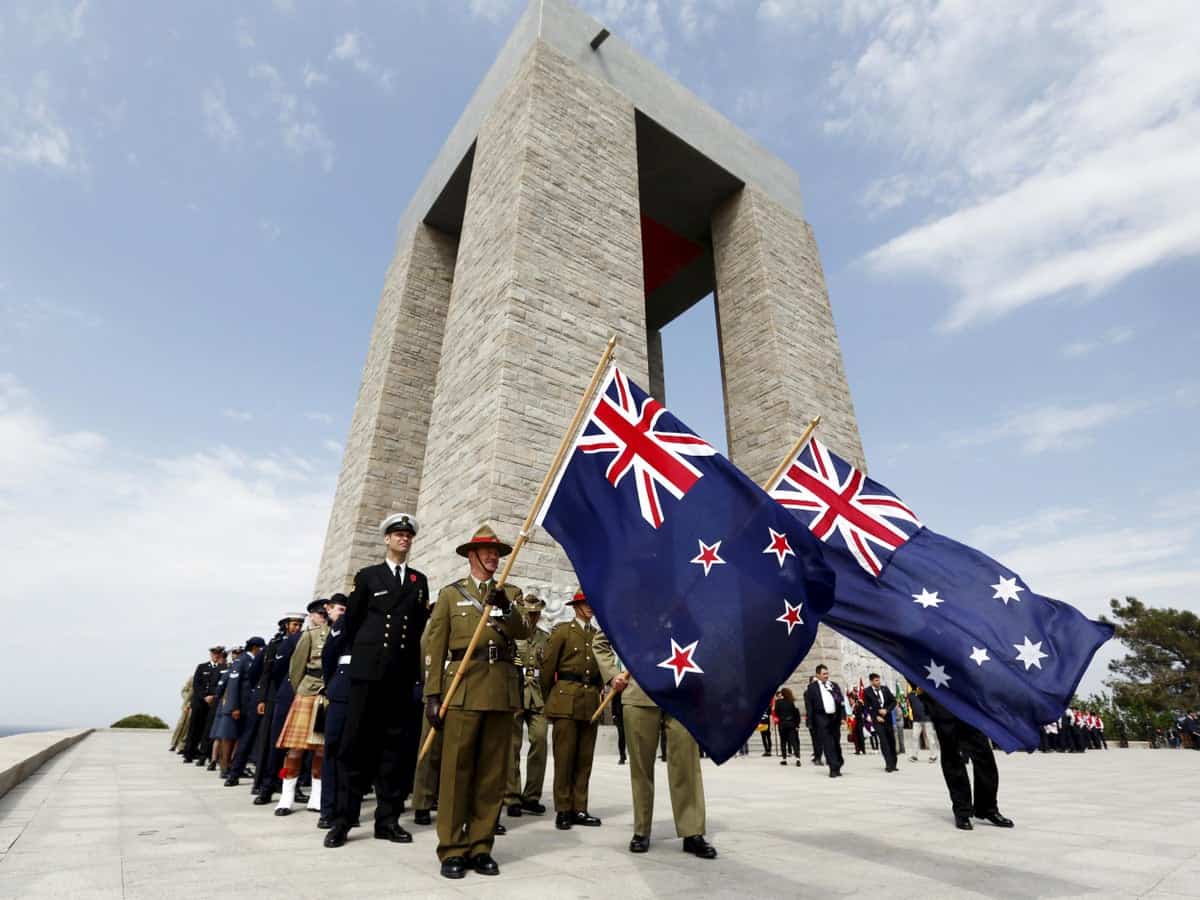Celebrating ANZAC Day in New Zealand: A Family Guide to Honour and Remember
What Is ANZAC Day?
Hey there, Kiwi families! Are you looking to share the significance of ANZAC Day with your children but not quite sure how to go about it? Well, you’ve come to the right place! ANZAC Day, which stands for the Australian and New Zealand Army Corps, is steeped in history and is a pivotal moment for remembrance and national pride, making it an ideal opportunity for families to learn and pay tribute together. So, let’s dive into the ways you can make this day both meaningful and educational for the whole family in lovely Aotearoa.
The History of ANZAC Day
Observing ANZAC Day on April 25th each year, New Zealanders and Australians come together to honor the brave soldiers who fought at Gallipoli during World War I. This day represents courage, sacrifice, and camaraderie, shaping our nation’s identity. With a spirit brighter than the Southern Cross constellation, teaching our kids about this significant day helps them understand their legacy and the importance of peace.
Traditions and Activities
As the sun peeks over the horizon, the day starts with the stirring sound of a dawn service; a poignant moment that you and your family can experience in practically every town across the country. Here’s a joyous thought – by attending, you’re helping to keep the spirit of comradeship and remembrance alive for generations to come. Beyond the dawn service, there are vibrant parades, creative crafts, delicious ANZAC biscuits to bake, and stories to read with your little ones, making the ANZAC spirit an all-day affair!
Getting Children Involved
Wondering how to spark curiosity in your children about ANZAC Day? Start with relatable stories and activities! Discuss the ANZAC story in a way that they can understand, emphasizing values like love for the homeland, bravery, and peace. Arts and crafts projects such as making poppy flowers or drawing scenes of remembrance serve as wonderful tools for learning. Let’s not forget about whipping up a batch of legendary ANZAC biscuits in the kitchen – a tasty history lesson in itself!
Remembering Through Education
Kia ora to knowledge and learning! Many fantastic resources can provide an enlightening glimpse into New Zealand’s history, suitable for all ages. From interactive websites to museums and historic sites that offer child-friendly tours on ANZAC Day, you can transform this day into an epic learning adventure. Taking the time to explore these rich resources together strengthens family bonds and pays homage to our heroes in a truly meaningful way.
Supporting Our Veterans
In true Kiwi spirit, remember that ANZAC Day is also about showing support for our current and former service personnel. Talk with your little ones about the importance of caring for those who have served our country and how small acts of kindness, like writing thank you cards or attending ‘Support Our Troops’ events, can make a massive difference in the lives of veterans. It’s about the power of manaakitanga, or hospitality and kindness, something every New Zealander can be proud to share.
Conclusion
ANZAC Day is much more than a date on the calendar; it’s a heartfelt tradition that defines who we are. By partaking in commemorative activities, fostering understanding, and supporting our veterans, families can experience a day filled with reflection, learning, and unity. So, let’s grab our poppies, dawn our best spirit, and walk our children through the legacy of ANZAC Day, showing them the significance of this important national event while creating lasting family memories.
Stay tuned as we continue to explore the many ways to engage with ANZAC Day in New Zealand. You’ll find tips on attending your local services, understanding the Ode of Remembrance, and finding the perfect children’s books that eloquently capture the essence of ANZAC. Let’s embrace this day with the warmth and reverence it deserves, bringing history to life for our tamariki!

5 Things Parents Should Know in Preparing for ANZAC Day in New Zealand
1. Understanding the Significance of ANZAC Day
Before you head out to commemorate ANZAC Day with your family, it’s important to grasp its significance. Discuss with your kids why New Zealanders observe this day, spotlight the ANZAC spirit, and the values that come with it – courage, mateship, and the sacrifices made by those who served. A solid understanding will enrich the experience for your children and foster respect.
2. Planning for the Dawn Service
Dawn services are held at war memorials all over the country, so plan to attend one near you. They usually begin before sunrise, so it would be a good idea to prepare the night before. Consider the weather, as it can be quite chilly in the morning – dress warmly and perhaps bring blankets, hot drinks, and a small snack. Also, plan your travel in advance as these services can attract large crowds, and parking may be limited.
3. Engaging in ANZAC Day Crafts and Cooking
Creating poppies from paper and baking ANZAC biscuits can be a fun and educational way to involve children in the spirit of the day. Crafting enables children to express themselves and the kitchen provides an interactive environment to trade stories and learn about the wartime effort. Plus, they get to enjoy the cookies they make—remembering history never tasted so sweet!
4. Choosing Age-Appropriate Educational Resources
When selecting resources to help teach your children about ANZAC Day, ensure they are age-appropriate. Picture books, simple puzzles, or coloring pages featuring poppies and soldiers may be better for younger children, whereas older children could handle more detailed accounts and documentaries. The local library or online educational platforms can be a gold mine for such resources.
5. Reflecting and Expressing Gratitude
In the days leading up to ANZAC Day, encourage children to reflect on the meaning of gratitude and remembrance. This could be done through writing letters or drawing pictures to send to veterans’ homes or sharing a moment of silence at home. Teaching children the importance of gratitude not only connects them to ANZAC Day but also instills a lifelong appreciation for those who have served.
Additional Tips for ANZAC Day
While taking part in ANZAC Day commemorations, use the opportunity to explore historical sites or attend special exhibits that capture the ANZAC experience. Engage with community events and consider how your family can contribute to the memory of service members – from creating a remembrance garden to volunteering for related community services. The key is to make the experience engaging, respectful, and memorable for all the right reasons.
If you’re attending an ANZAC Day event for the first time with your children, keep in mind it’s a solemn occasion. It’s essential to discuss with your little ones about the proper behavior and the reasons why people are gathered. This understanding nurtures empathy and forms a richer connection with the community around you. With every dawn service, parade, and poppy worn, we remember the service and sacrifice that define our nation’s resilience and humanity.
By incorporating these tips into your family’s ANZAC Day, you’ll be well on your way to a meaningful day that’s both respectful and enlightening. Whether you’re baking those iconic biscuits, crafting red poppies, or standing in solidarity at dawn, each act of remembrance is a share in honoring New Zealand’s legacy and shaping our future generations.
See more great Things to Do with Kids in New Zealand here. For more information see here
Disclaimer
The articles available via our website provide general information only and we strongly urge readers to exercise caution and conduct their own thorough research and fact-checking. The information presented should not be taken as absolute truth, and, to the maximum extent permitted by law, we will not be held liable for any inaccuracies or errors in the content. It is essential for individuals to independently verify and validate the information before making any decisions or taking any actions based on the articles.




